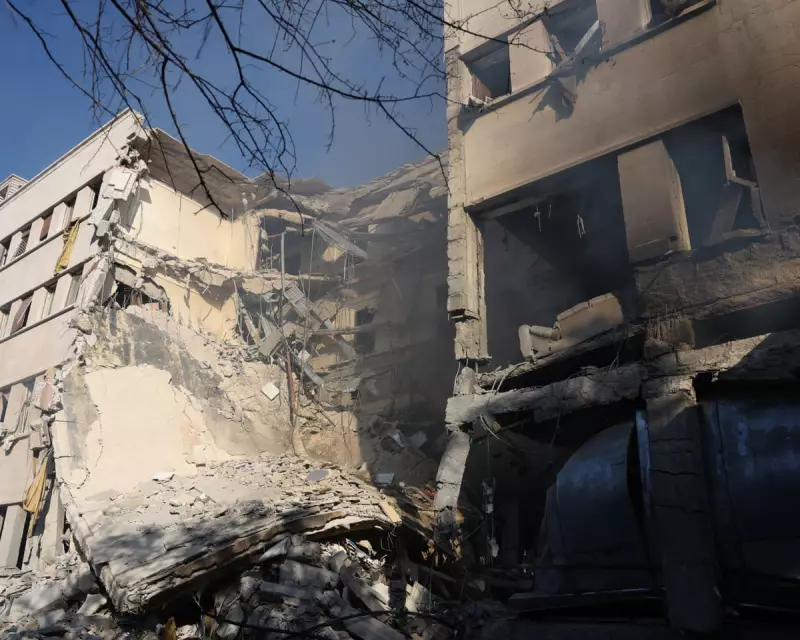
Syrian President Bashar al-Assad has issued a strong condemnation of Israel's recent military strikes on Damascus, vowing to safeguard the country's Druze minority amid escalating regional tensions.
In a fiery statement, Assad accused Israel of "aggressive violations" of Syrian sovereignty following reported airstrikes near the capital. The Syrian leader specifically highlighted threats to the Druze community, an ethnoreligious minority with significant populations in Syria, Lebanon and Israel.
Mounting Regional Tensions
The attacks mark the latest escalation in the long-running shadow war between Israel and Iran-backed forces in Syria. Military analysts suggest the strikes likely targeted Iranian weapons shipments or militia positions near Damascus.
"We will not tolerate these repeated acts of aggression," Assad declared. "The protection of all Syrian citizens, including our Druze brothers and sisters, remains our highest priority."
Druze Community Caught in Crossfire
The Druze, who practice an offshoot of Islam, have historically maintained a delicate balancing act in the region's conflicts. Syria's approximately 700,000 Druze represent about 3% of the population and have generally supported Assad's government during the civil war.
However, community leaders have expressed growing concern about being drawn into broader regional confrontations. "We are peaceful people caught between powerful forces," said one Druze elder speaking anonymously from the mountainous Sweida province.
International Reactions
The strikes have drawn mixed international responses:
- Russia called for "immediate de-escalation"
- Iran condemned the "Zionist regime's provocations"
- Western nations remained largely silent
Israeli officials have not commented on the specific strikes, maintaining their longstanding policy of neither confirming nor denying operations in Syria.
Regional experts warn that such incidents risk sparking broader conflict as multiple foreign powers maintain military presences in Syria. With diplomatic solutions appearing distant, many fear civilians - particularly vulnerable minorities - will continue paying the highest price.





